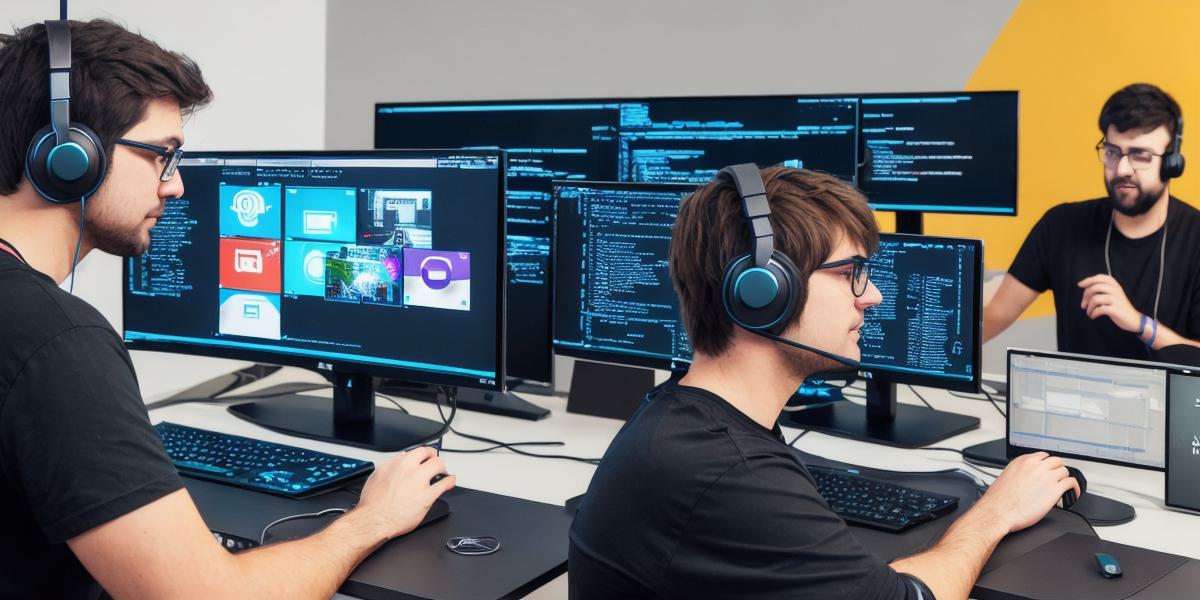Unity as a popular game development engine offers several features that support multi-user development in game projects. In this response, we will explore how Unity facilitates collaboration among web developers on game development projects.
1. Unity Multiplayer: Unity’s built-in networking solution, Unity Multiplayer, allows developers to create networked games with ease. This feature supports both client-server and peer-to-peer architectures, making it suitable for various multiplayer scenarios. With Unity Multiplayer, web developers can build games where multiple users interact in real-time.
2. Collaborative Editing: Unity’s collaboration features enable developers to work together on the same project simultaneously. They can share assets, scenes, and scripts, making it easier to develop complex game logic or design elements. By utilizing collaborative editing, web developers save time and resources while ensuring consistency across the development team.
3. Real-time Updates: Unity’s collaboration features allow real-time updates, meaning that any changes made by one developer are immediately visible to others working on the project. This reduces the need for constant version control checks and merges. It also ensures that everyone is working on the latest build of the game.
4. Version Control: Although Unity supports real-time collaboration, it still integrates with popular version control systems like Git. This integration allows developers to easily manage project versions, revert to previous states, and merge conflicts when necessary.
5. Live Operations: Unity provides features for live game operations, such as analytics, performance reporting, and remote configuration. Web developers can use these tools to monitor user behavior, optimize game performance, and roll out updates to improve the gaming experience.

6. Community Assets: The Unity Asset Store offers a wide range of multiplayer assets and plugins, created by both Unity Technologies and third-party developers. These assets can help web developers accelerate their development process and implement complex networking features with minimal effort.

In conclusion, Unity supports multi-user development in game projects through its built-in networking solutions, collaborative editing capabilities, real-time updates, version control integration, live operations tools, and an extensive range of community assets tailored for multiplayer game development. By leveraging these features, web developers can efficiently create engaging and interactive multiplayer experiences that delight users across the globe.
